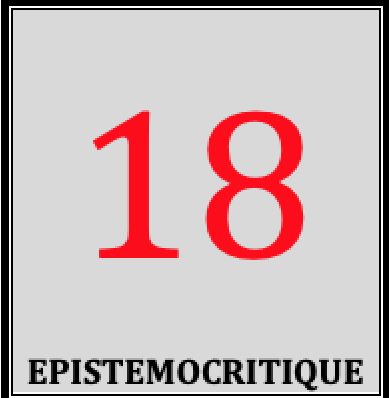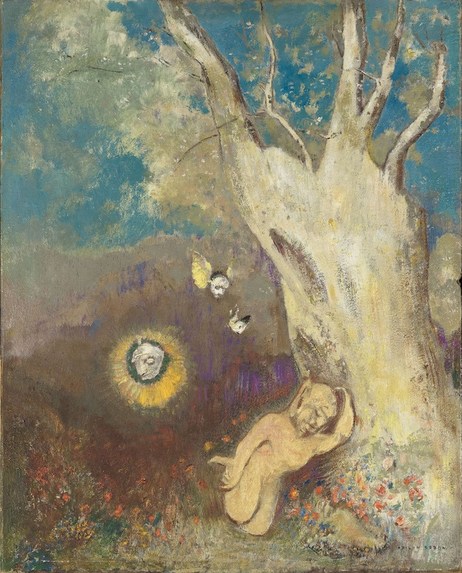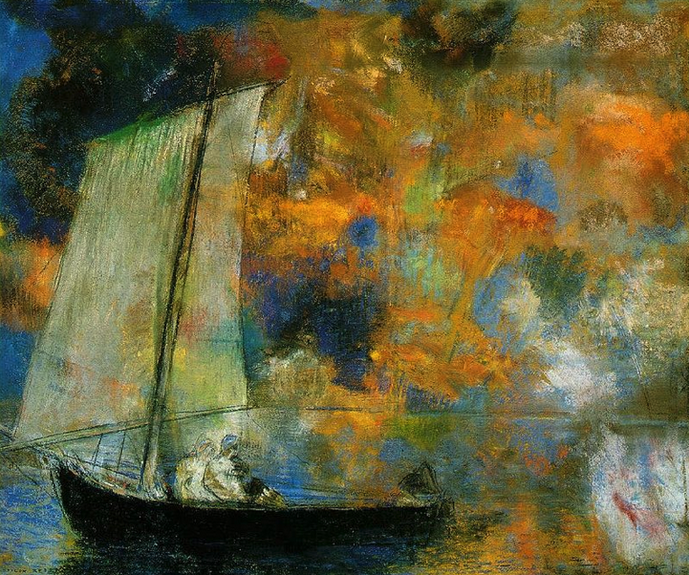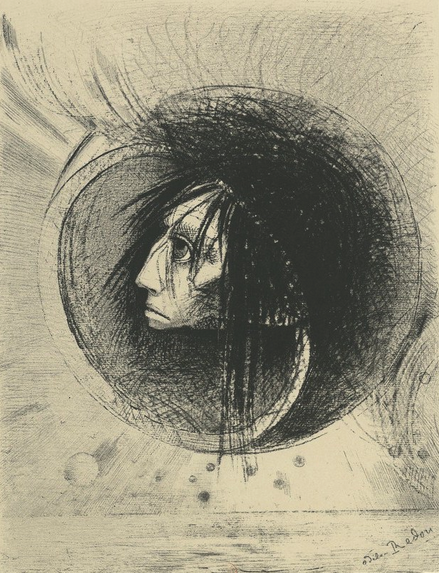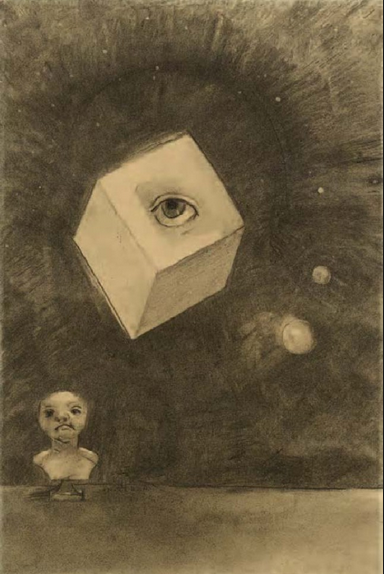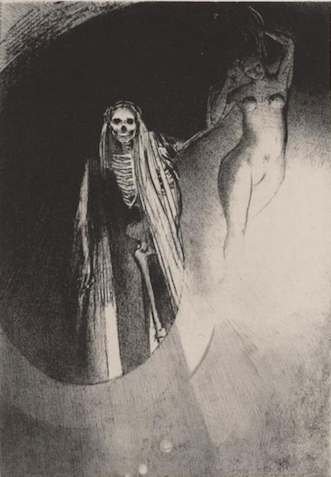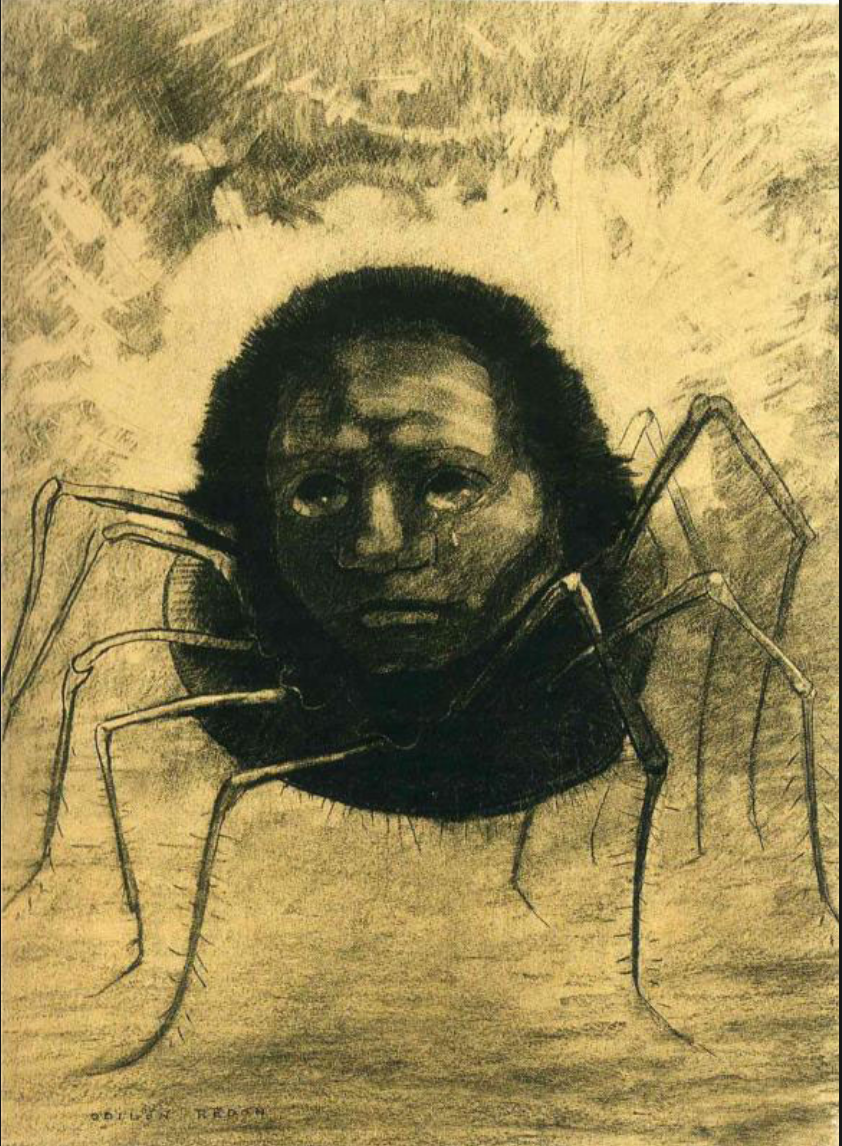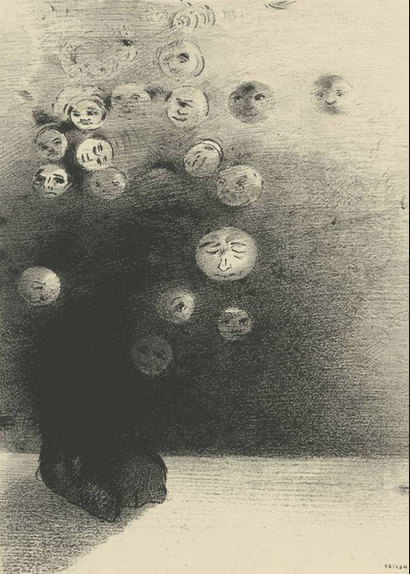Abstract :
Whether fictional narratives can make us more empathic has been widely discussed and is still a controversial topic. Can fiction help us feel the pain of others? Can it promote pro-social behavior to aid the victims of human rights abuse? The present essay explores these questions in connection to the cinema of memoria histórica [Spanish historical memory], born from the need to revisit the trauma of Spanish fascism, which originated in 1936 during the Spanish Civil War and terrorized Spaniards until the end of Franco’s dictatorship in 1975. The article introduces the notion of cinema of empathy: a type of cinema—often tied to a film genre that features human rights abuse as a central theme, such as the historical memory genre—featuring a high density of scenes of empathy. In these scenes, the human face, the eyes, and the energy created among human bodies are employed as a strategy to both portray and elicit resonance and enactment empathy—among characters and between the characters and the audience—potentially inducing a pro-social behavioral response in the audience, in connection to an ethical-socio-political problem presented in the film. A prototype of cinema of empathy within the memoria histórica genre is the film La voz dormida [The Sleeping Voice] (2011).
This film is structured around the affective experience of the characters and features a high density of scenes of empathy centered on the human face and the eyes. However, more importantly, it focuses on the body and the affective energy created and communicated among bodies: bodies abused, bodies assembled in solidarity, bodies that show, hide, and leak their emotional interiority. The essay ends with a discussion of the potential effects of empathic cinematic strategies in the ideological context of contemporary Spain, as well as their potential benefits for the advancement of historical memory activism. Although a correlation between empathic intention, empathic filmic strategies, and empathic audience responses cannot be established and despite the lack of sufficient empirical studies on empathic response to film as well as on the empathy-altruism connection, a cinema of empathy as a distinct type of film currently exists and is practiced in connection to certain genres centered on human rights abuse, such as the memoria histórica genre. Insights from a diversity of disciplines in the humanities and the sciences (narrative and film studies, social neurosciences, sociology, history, etc.), efficiently channeled through the interface known as cognitive approaches, may provide the grounds for future empirical studies to help us corroborate, nuance, and/or reject our initial hypotheses on the power of fiction to elicit empathy and pro-social behavior.
Résumé :
Qu'un récit puisse nous rendre plus empathique est toujours sujet à débat. Une fiction peut-elle nous faire ressentir la douleur d’autrui ? Peut-elle promouvoir les comportements pro-sociaux venant en aide aux victimes d'abus des droits humains ? Cet article explore ces questions en lien avec le cinéma espagnol faisant un travail de mémoire historique face à la période fasciste qui s'ouvre en 1936, pendant la guerre civile espagnole, et qui terrorise la population jusqu'à la fin de la dictature franquiste en 1975.
Nous y introduisons la notion de cinéma de l'empathie : un type de cinéma caractérisé par sa densité en scènes suscitant l'empathie du spectateur. Dans ces scènes, les visages, les yeux et l'énergie circulant entre les corps sont employés pour à la fois représenter et susciter l'empathie – entre les personnages et avec les spectateurs – favorisant potentiellement une réponse pro-sociale en lien avec les problèmes éthiques, sociaux ou politiques présentés dans le film. Le film La voz dormida (2011) constitue un prototype du cinéma de l'empathie, en se concentrant notamment sur les visages, les yeux, et surtout les corps et leur énergie affective : corps violentés, corps solidaires, corps montrant ou dissimulant leurs états émotionnels. L'article discute finalement des effets potentiellement bénéfiques du cinéma de l'empathie dans le contexte espagnol actuel, et de l'activisme mémoriel.
Keywords : Cinema of empathy, fascism, Spain, Spanish civil war, historical memory, affect, embodiment, spectatorship, activism, human rights, altruism, pro-social behavior, film studies
Mots-clés : Cinéma de l'empathie, fascisme, Espagne, guerre civile espagnole, mémoire historique, affect, incarnation, spectature, activisme, droits humains, altruisme, comportement pro-social, études cinématographiques

